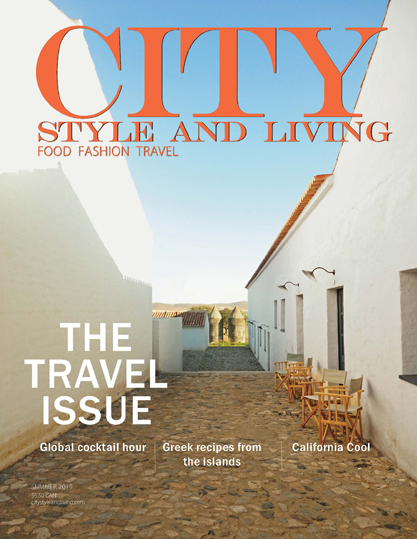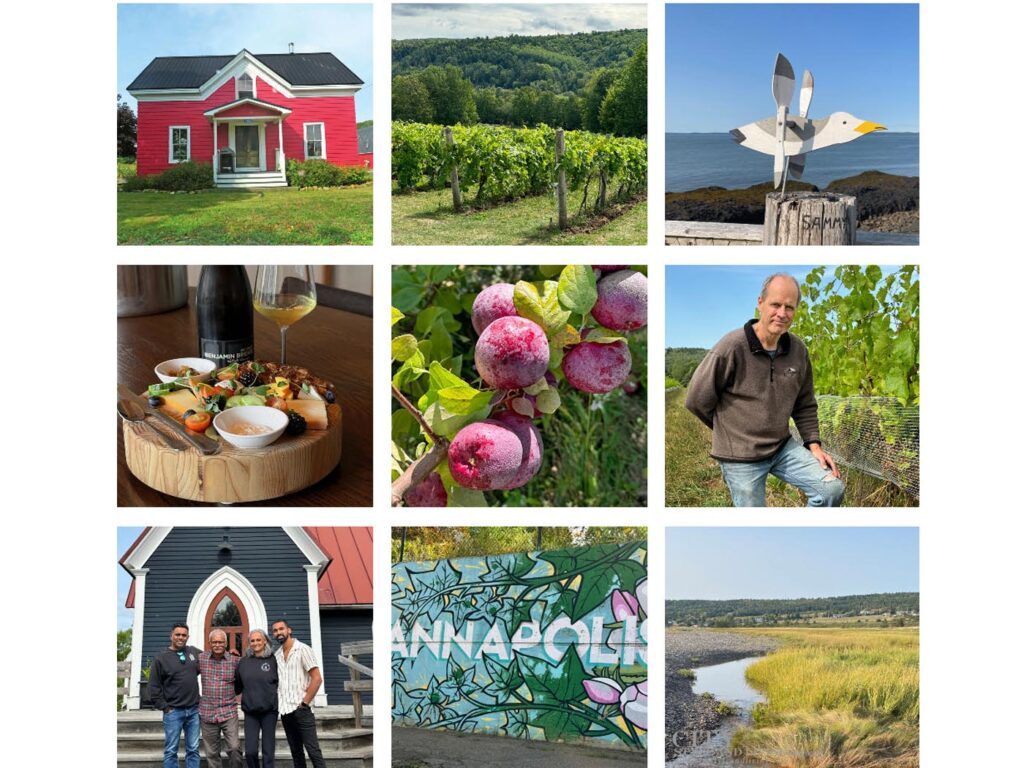
Years ago, many people did not have a food processor. They were fairly uncommon, actually, and it was mainly TV chefs who used them. I was reminded of this recently when I saw a brand ambassador use a food processor to mince every one of her vegetables for a vegetarian lasagna recipe. It occurred to me that rather than relying on a machine to cut vegetables into juliennes or batonnets, many people of a certain generation had instead honed knife skills.
For this recipe, they would have assembled the vegetables, sharpened a knife and began to plug away at the mounds of chopping. What, perhaps could have been seen as a deprivation, which, incidentally never occurred to them, was in fact, the good fortune of having to develop and refine skills and talents that they may not have otherwise. Not having a food processor, I think, was just the right stroke of luck for them. It allowed them to perfect chopping, to learn all about different cuts and to realize how they can affect cooking time, texture, mouth feel and a slew of other kitchen factors.
Love Spring! CSL Editors’ Picks

Play Create a streamlined morning routine. Begin the day with a gentle morning yoga, and a warm glass of water, before moving on to doing your makeup and having coffee.
Sip Not just for summer, rosé makes a great spring drink. Set out a table of fruit purees that guests can add (if they want) to their glass. An interactive addition to brunch.
Visit Seeing wildflowers emerge in Austria, it’s one of the cheapest European countries to visit right now.
Wear Wearing halter dresses, pencil skirts, and playful pedal pushers once more (they were all over the runways).
Eat Add cherries, figs and blueberries to your Eton mess. It’s a lighter dessert that’s quick to whip up and your guests will love it. And, one of our favourite nuts, pistachios, are showing up everywhere. For a fun twist on a classic chocolate bar try the Dubai bar (featuring pistachio paste).

This sense that a perceived deprivation could really be a boon is mirrored in my travels to the Caribbean. There, on one little island, an ethnic group long interested in and responsible for planting had had an extremely difficult time getting their goods to market. Over the course of decades in the twentieth century, they set up an agricultural distribution system including wholesale and consumer markets that covered the entire island. Every single thing that they won in that effort was through struggle, strife and hard work. They helped others. They introduced protocols so that any new value-added products could quickly enter the market and receive the support of local know-how. But, make no mistake, they fought to set up the system. Nothing was handed to them. They had to fight for every little thing they ever had.
So, it came as quite a surprise when I was touring another little Caribbean Island, nothing more than a dot on this vast planet, that a mango farmer complained of the lack of a distribution system. He was sorely disappointed that his gorgeous and large variety of mangoes simply could not get to market in any organized and simplified way. The grocery stores were loath to take mangoes from a small farmer, none of the hotels would speak to him, and there was no one in government who could help. Here was a man with lovely goods who could not find a market to sell them.
On another island, now decades into the twenty-first century, I met a fellow who had just had the idea to set up a cooperative for farmers so they could easily get their goods to market. Here too, distribution was a doozy. I marvelled at the thought that this idea was so novel on this island but was really very old elsewhere. It was a twentieth century solution to a twenty-first century problem. For all its beauty and progress the island seemed stuck in time.
Who knows maybe not having everything at hand, ends up making you ahead of your time?
This original article first appeared in the SPRING 2025 issue of City Style and Living Magazine.
Get More Inspiration
from City Style and Living















